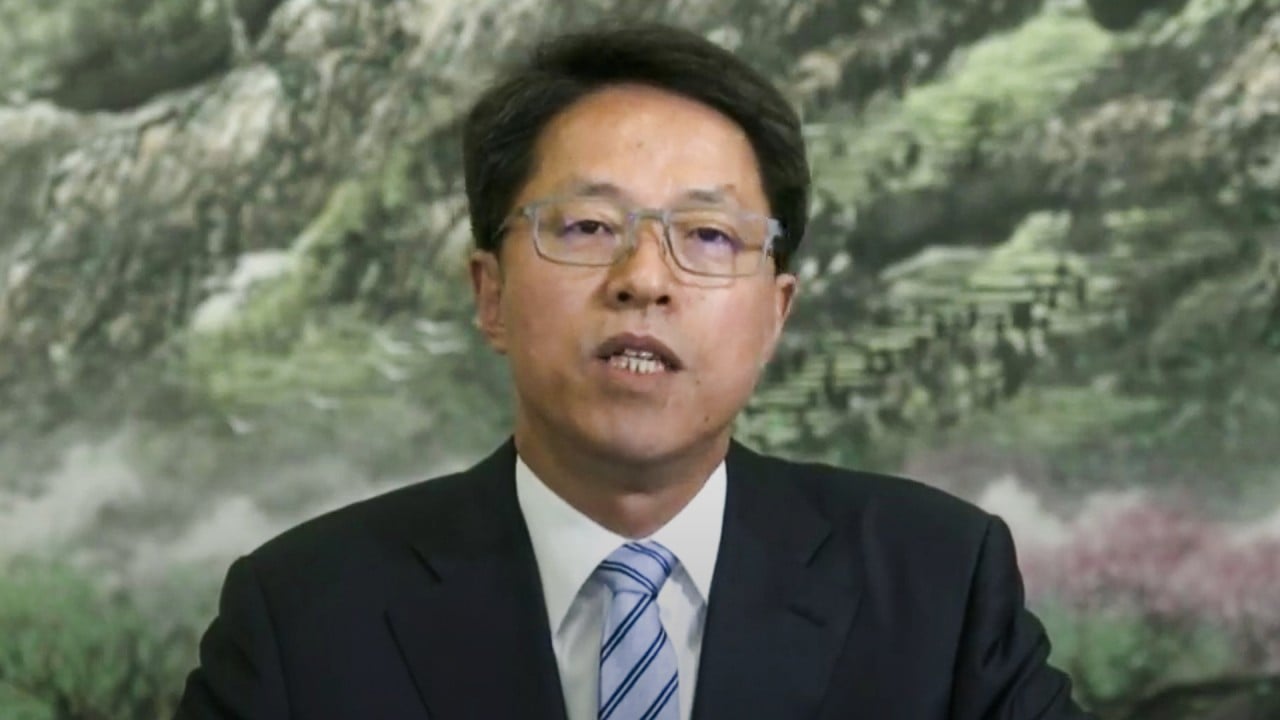Opinion | Court ruling on Hong Kong police complaints system highlights judicial independence
- Hong Kong’s judiciary should not be afraid of reform to modernise the courts, but any attempt to erode judicial independence or reduce judicial power would be devastating

The damning judgment on a system in which the government placed so much faith during months of civil unrest last year was delivered only two days after Beijing made a high-profile call for judicial reform. It served as a reminder that the courts in Hong Kong decide cases independently, even if they concern matters of great political sensitivity.
Beijing’s support for judicial reform raises concern that steps will be taken to make the judiciary more compliant and likely to favour the government.

03:18
Hong Kong’s national security law is like ‘anti-virus software’, top Beijing official says
As a distinguished member of the legal community, his views deserve attention and few would disagree with Litton’s call for focused judgments and judicial rigour. But he has, in the process, become a poster boy for members of the pro-establishment camp eager to clip the judiciary’s wings.

